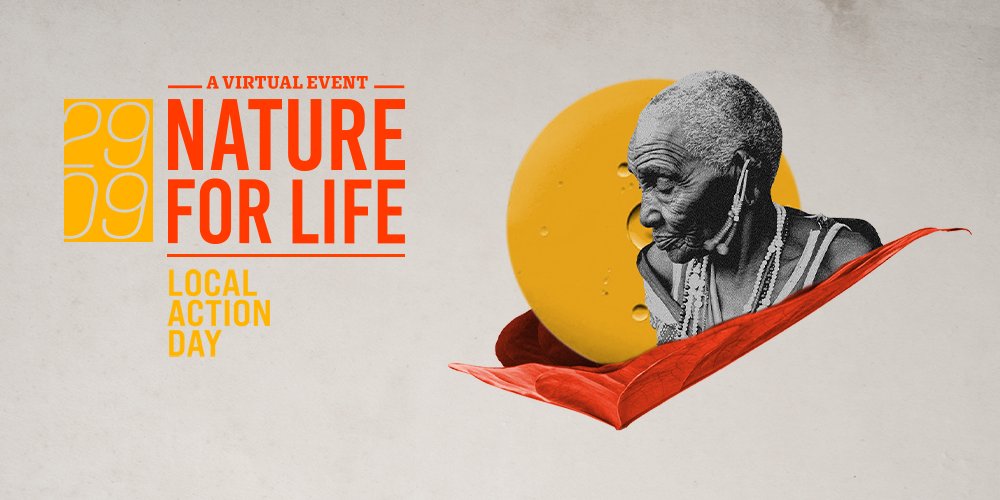NEWS: We have a new picture of the state of reef sharks.
After nearly 400 reefs sampled across 58 nations, @globalfinprint global reef shark & ray survey is in. Results are a sobering reminder that we must act now. go.nature.com/2ONoOeo
1/8
After nearly 400 reefs sampled across 58 nations, @globalfinprint global reef shark & ray survey is in. Results are a sobering reminder that we must act now. go.nature.com/2ONoOeo
1/8

Why? Conservation of reef #sharks is crucial. They are vital predators keeping important coral reef ecosystems in balance. (below from Belize)
2/8
2/8
There were bright spots in the surveys where @TheWCS works. Melanesia, including Papua New Guinea (video), Solomon Islands & Fiji in many spots. Among others. @wcsfiji @WCSPNG
3/8
3/8
SW Indian Ocean is considered a global hotspot for shark and ray biodiversity. This kind of assessment should record a high number of species.
It's telling from the results: even in a global hotspot, abundance of sharks and rays is very low.
4/8
It's telling from the results: even in a global hotspot, abundance of sharks and rays is very low.
4/8
We @WCSocean also work in areas worse hit by overfishing of reef sharks, survey shows. But even here areas of hope remain and these are a focus of our conservation work moving forward.
5/8
5/8
The study also shows the importance of the locations where WCS works on shark conservation (Belize, Madagascar, PNG, etc.) to maintaining and rebuilding reef shark populations
6/8
6/8
It shows what’s working, too. Namely, says WCS’s @LukeDavid301:
👉Strong protections
👉Well enforced MPAs
👉Removal of gear that catches large numbers of sharks (longlines and gillnets)
7/8
👉Strong protections
👉Well enforced MPAs
👉Removal of gear that catches large numbers of sharks (longlines and gillnets)
7/8

Our @TheWCS team was proud to bring local knowledge in important study areas around the world to this process and co-author this important survey. go.nature.com/2ONoOeo
@WCS_Mada @WCSMozambique @wcsfiji @WCSPNG @WCS_ID @WCSBelize
8/8
@WCS_Mada @WCSMozambique @wcsfiji @WCSPNG @WCS_ID @WCSBelize
8/8
• • •
Missing some Tweet in this thread? You can try to
force a refresh
















